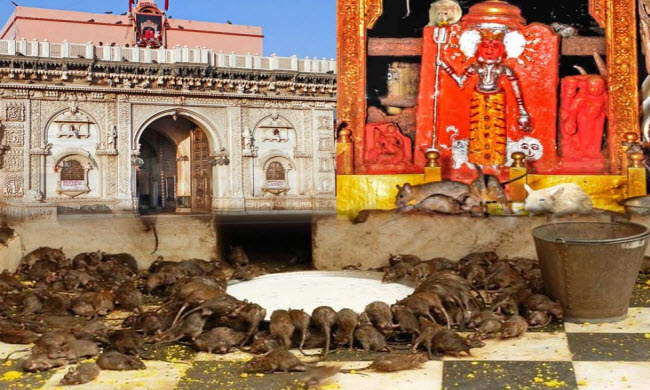India is often regarded as a land of wonders and curiosities, many of which stem from beliefs that may seem based on myths and legends. Despite this, these beliefs hold a significant place in the lives of many people. Hinduism, the predominant religion in India, encompasses a variety of sects, but they all share a focus on spirituality and symbolism. Additionally, Hindu teachings emphasize the respect for animals, considering them sources of love, unity, cultural symbols, and growth. Ancient Indian texts equate the life of an animal with that of a human, noting only that their senses may not be fully developed. Many Hindu deities are believed to manifest in animal forms, which explains their presence in Hindu temples. One notable example is the Karni Mata Temple, which hosts thousands of rats considered sacred.
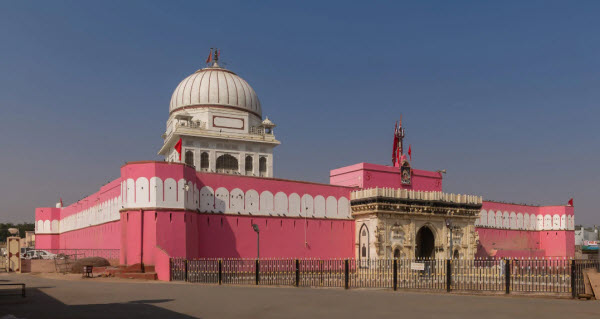

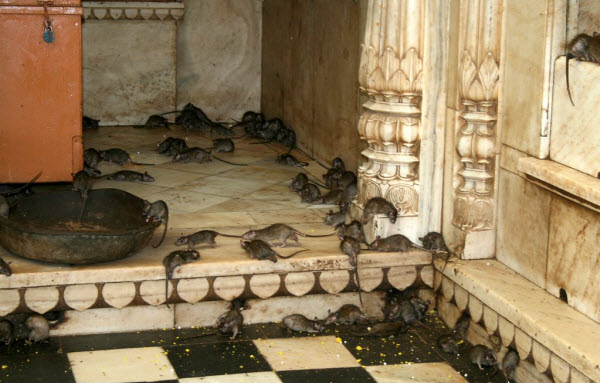
The Karni Mata Temple is located 30 kilometers from Bikaner in the Indian state of Rajasthan. It houses approximately 25,000 black rats and a few white ones that roam freely throughout the temple. These rats can often be seen emerging from cracks in the walls and floors, sometimes even crossing the paths of visitors and worshippers. The temple’s origins are tied to an ancient legend about Karni Mata, a revered figure in Hindu mythology. Known for her piety and asceticism, Karni Mata is said to have pleaded with Yama, the god of death, to revive her son Lakshman after he drowned in a pond. Although initially refused, Yama eventually agreed, allowing Lakshman and all of Karni Mata’s children to be reincarnated as rats.

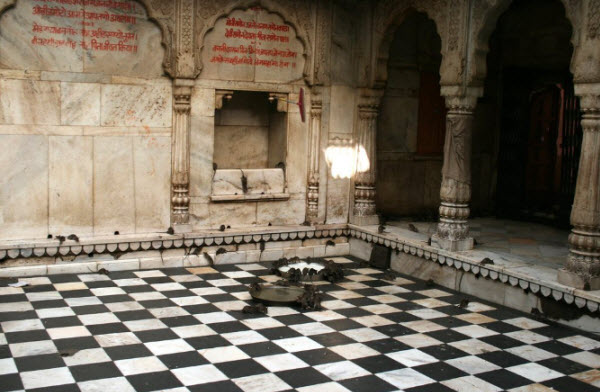
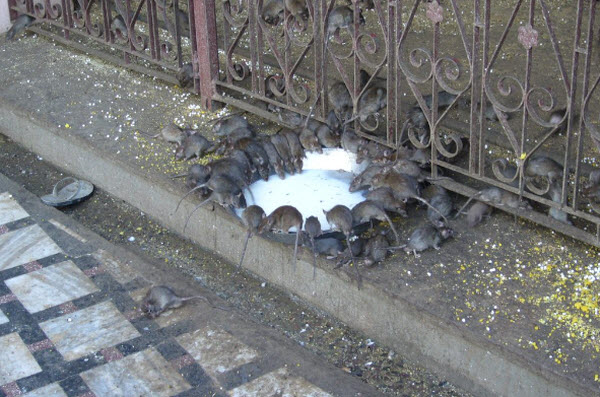
Despite the legend’s age, the Karni Mata Temple was completed in the early 20th century by Maharaja Ganga Singh. The temple is entirely constructed from marble and features Mughal architectural elements, including an enchanting marble facade, solid silver doors leading to the complex, and images of various deities. Inside the temple’s sanctum is a 75 cm high statue of Karni Mata, adorned with a crown and garlands, flanked by statues of her sisters. In 1999, the temple underwent restoration by a jeweler who added marble sculptures, silver gates, and netted ceilings to protect the rats from predatory birds. Some families now live in the temple, dedicated to caring for the rats and cleaning the floors of their waste and food scraps.
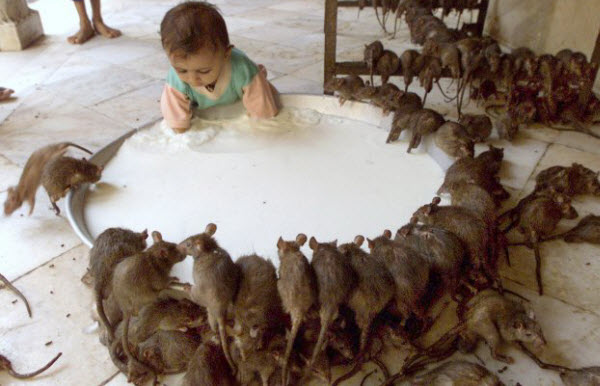
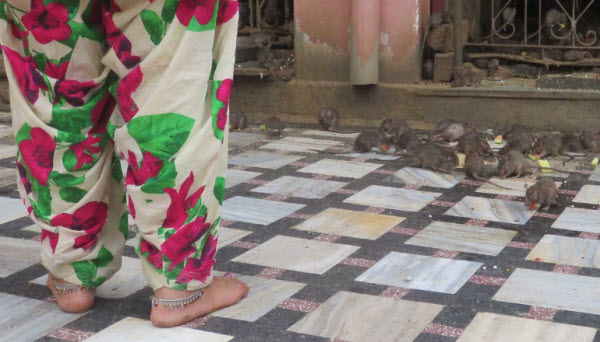
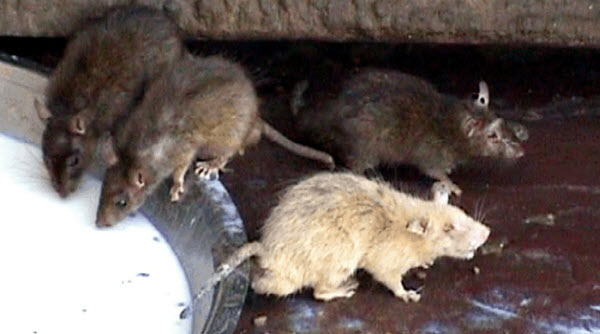
Consuming food that has been bitten by these rats at the Karni Mata Temple is considered a sacred practice. Many worshippers believe that rat saliva has healing properties and brings good luck. Visitors from all over India and beyond come to witness this extraordinary sight, bringing milk, sweets, and other foods for the sacred animals. White rats are especially revered, believed to be manifestations of Karni Mata and her four sons. Visitors often go to great lengths to attract these specific rats, frequently offering sweets known as “prasad” as their appearance is considered a special blessing. Harm or killing of these rats, even accidentally, is viewed as a grave sin, with offenders required to replace the dead rat with a golden one as penance. Entry to the temple is not permitted with shoes.
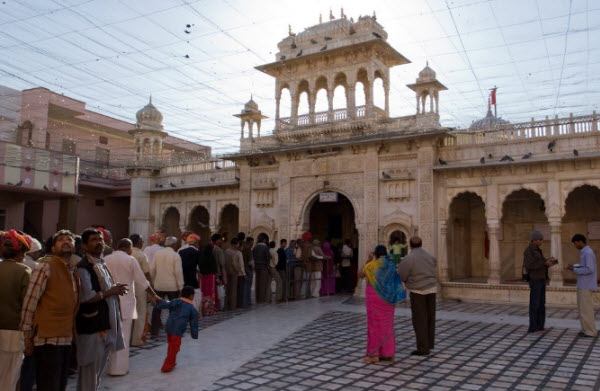
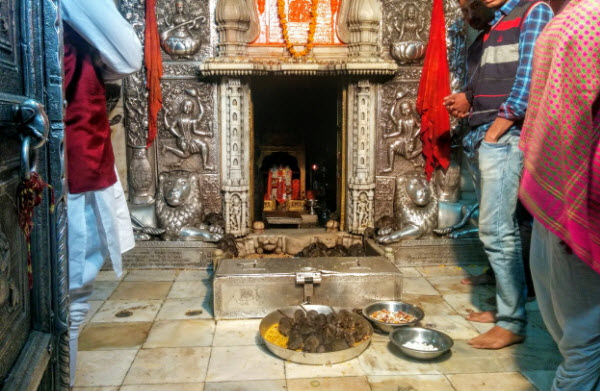
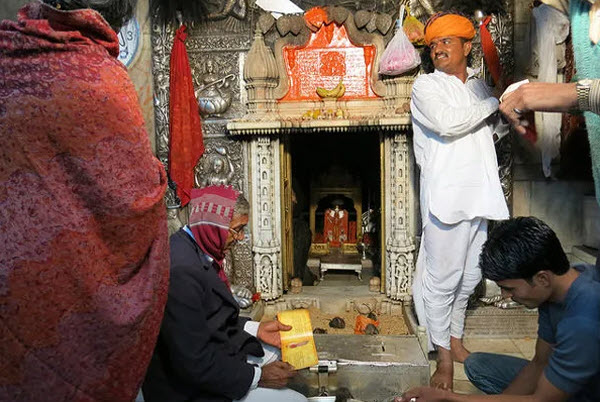
Due to the high sugar content in the food offered to the rats, they often engage in fierce competition for the treats, leading to health issues such as stomach disorders and diabetes. Every few years, an epidemic among the rats can cause significant casualties. Fortunately, there have been no recorded cases of humans contracting diseases from the temple rats, which are considered sacred, unlike other rats in the surrounding town.
Daily religious prayers are conducted at the Karni Mata Temple by Charan priests, and devotees offer various types of sacrifices to the goddess and the rats. These offerings are generally categorized into “Dewar Bhent,” presented to priests and workers, and “Kalash Bhent,” used for temple maintenance. The temple also hosts the Karni Mata Fair, a major semi-annual event held between March and April and September and October, attracting thousands of visitors, including pilgrims who walk to the temple. The fair includes celebrations with the statue of Karni Mata decorated with a golden crown, jewelry, and garlands. The Karni Mata Temple is open daily from 4 a.m. to 10 p.m., with no entry fee required.
